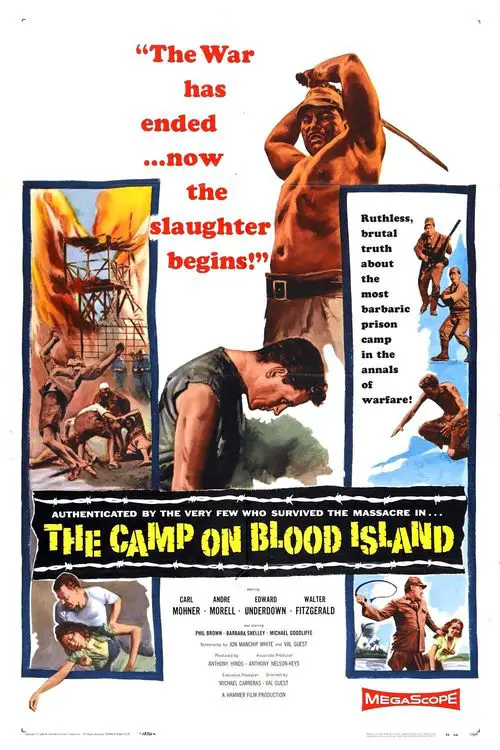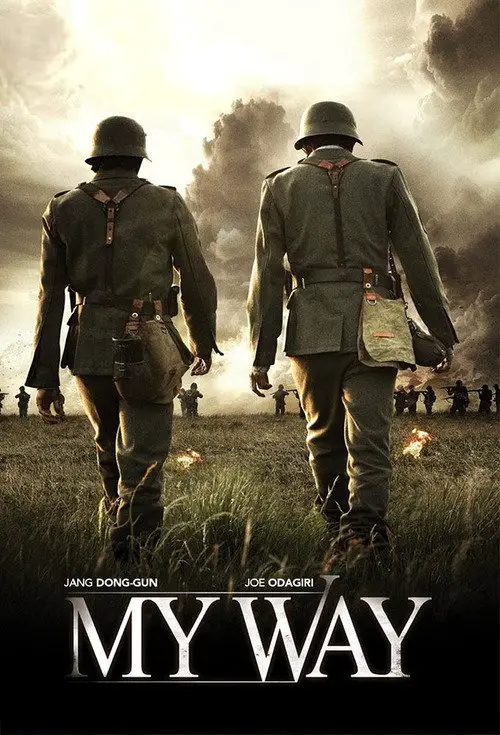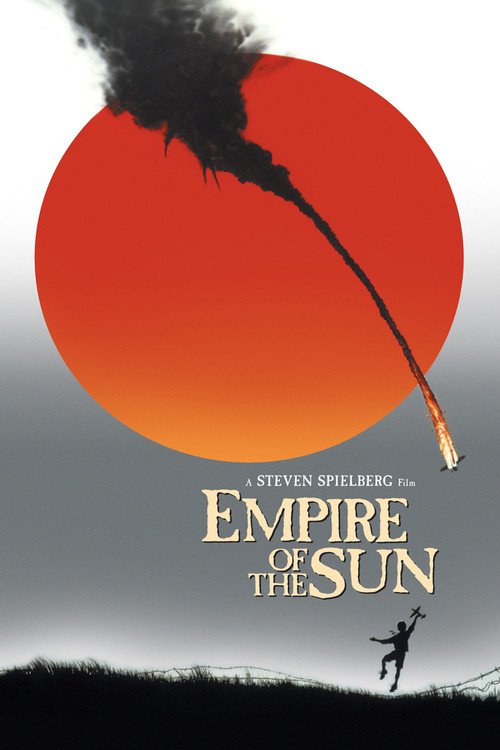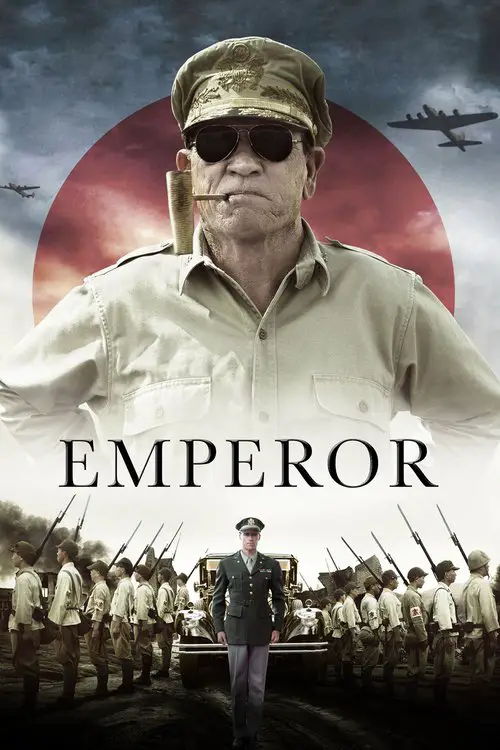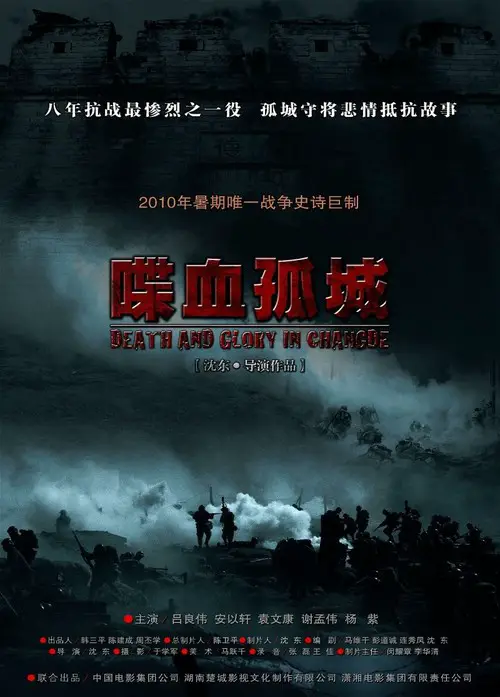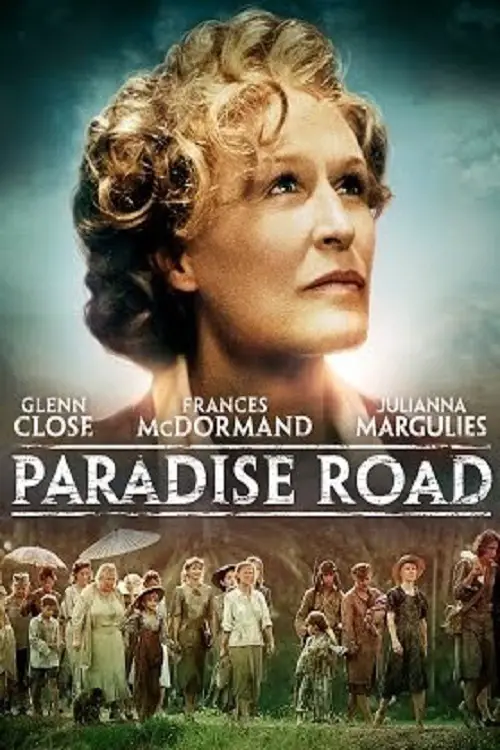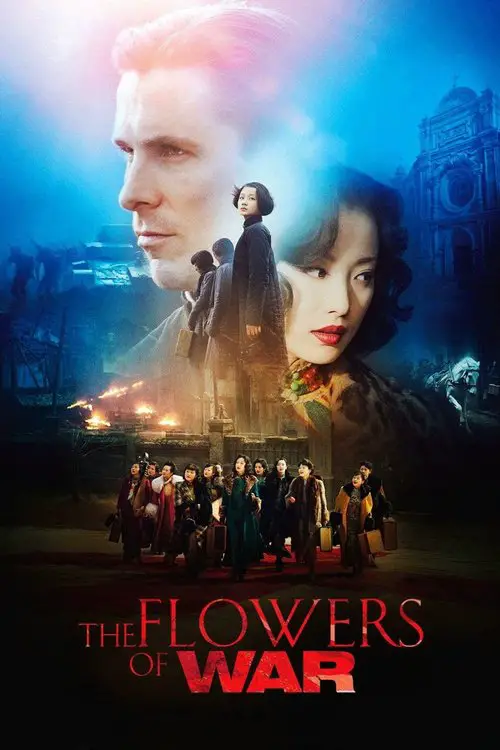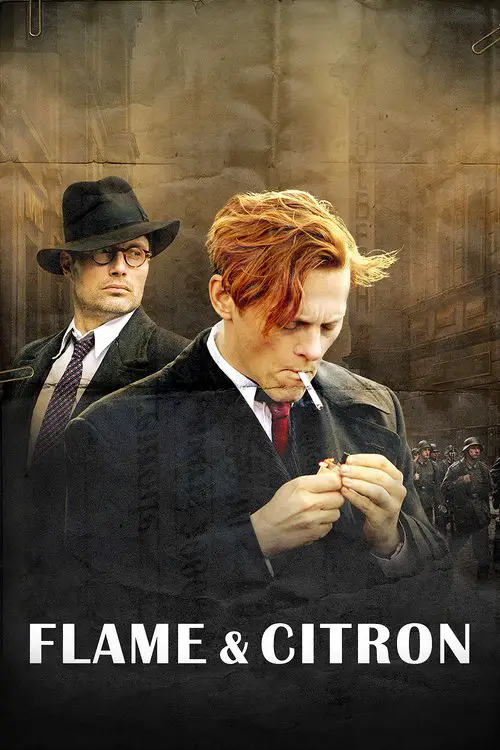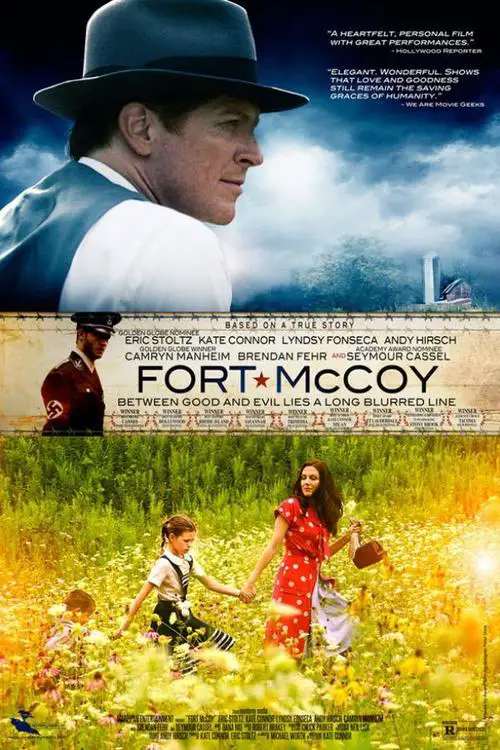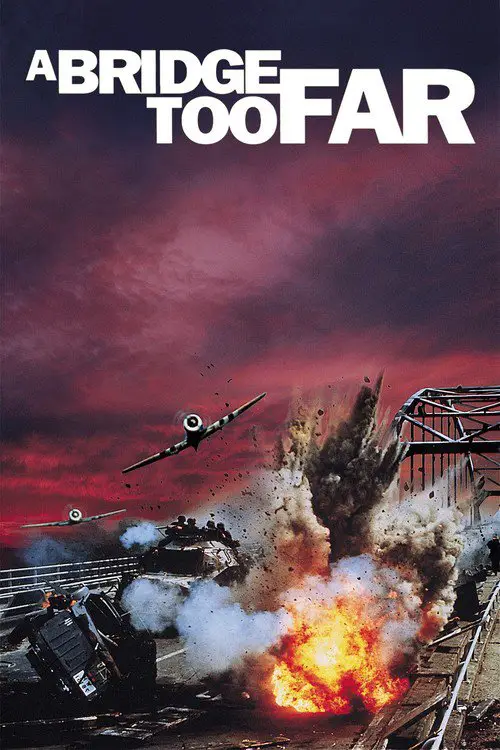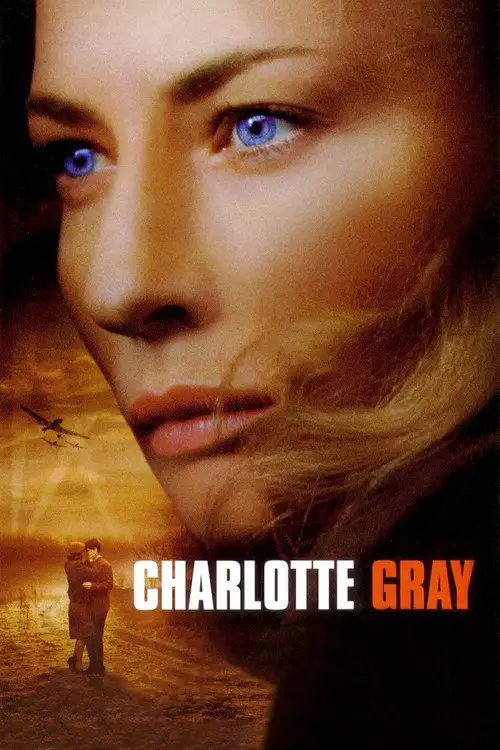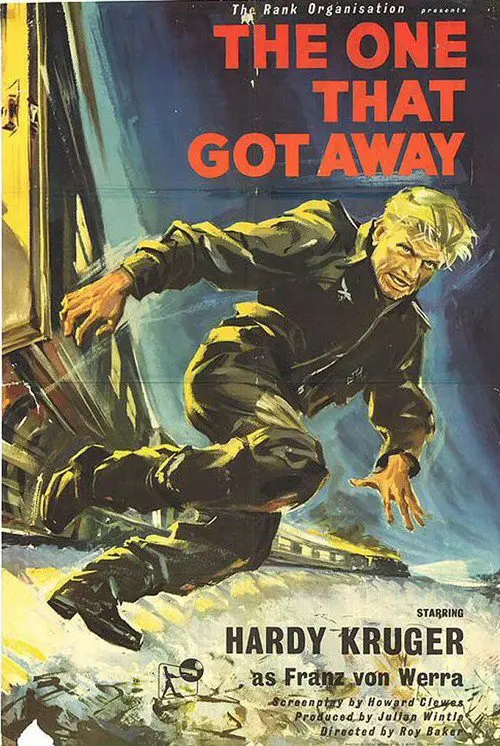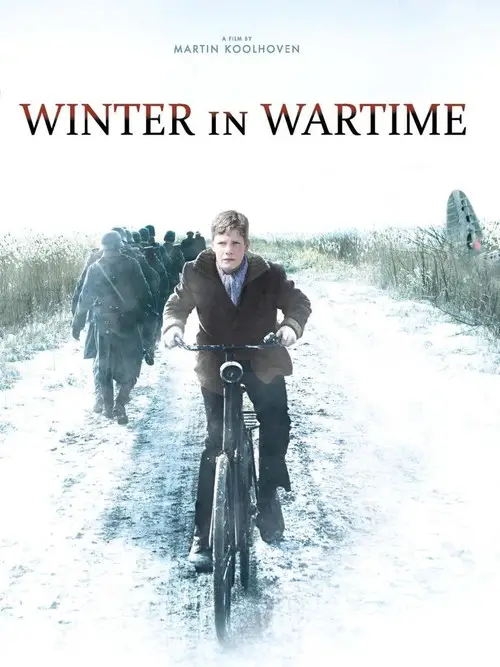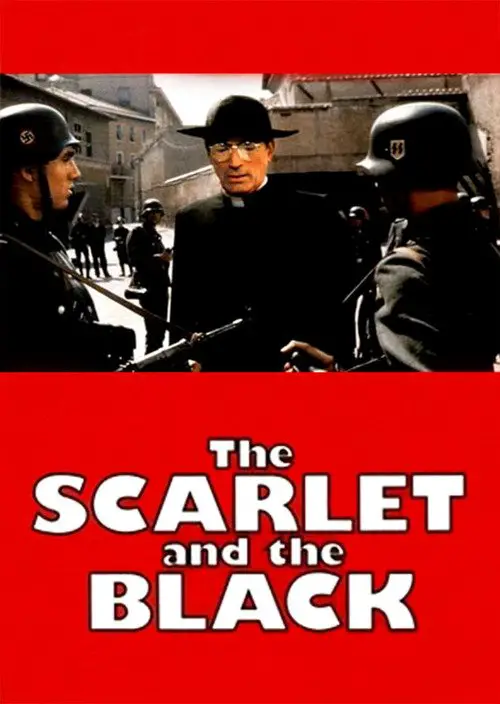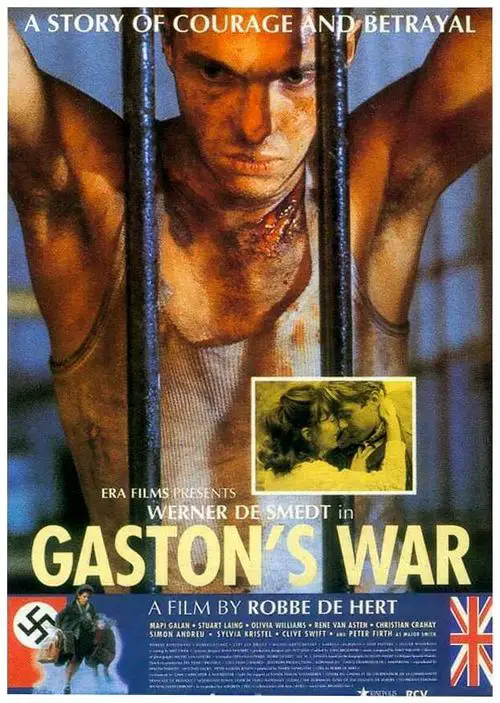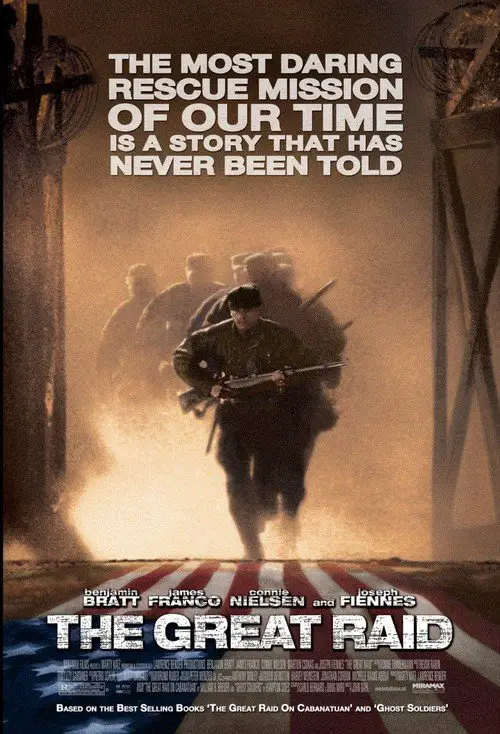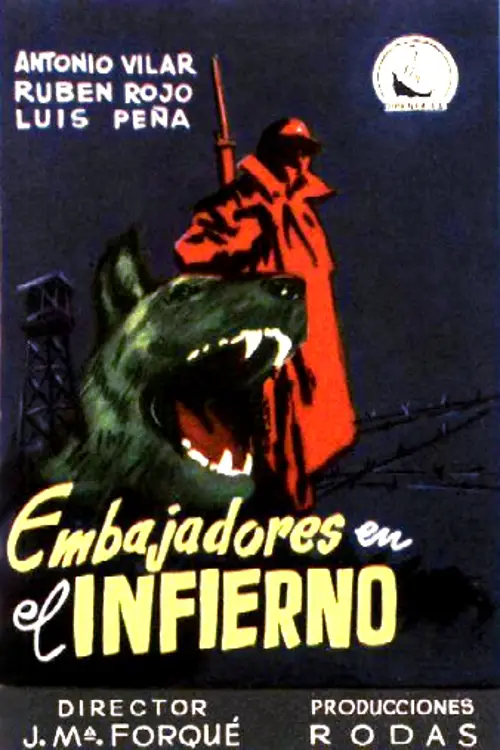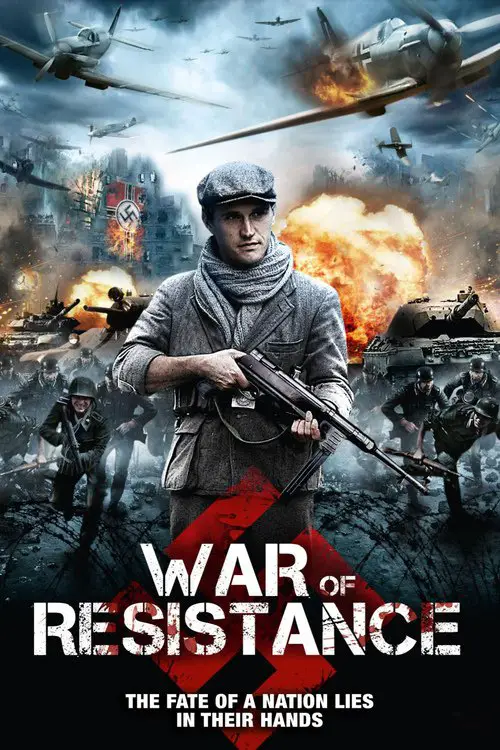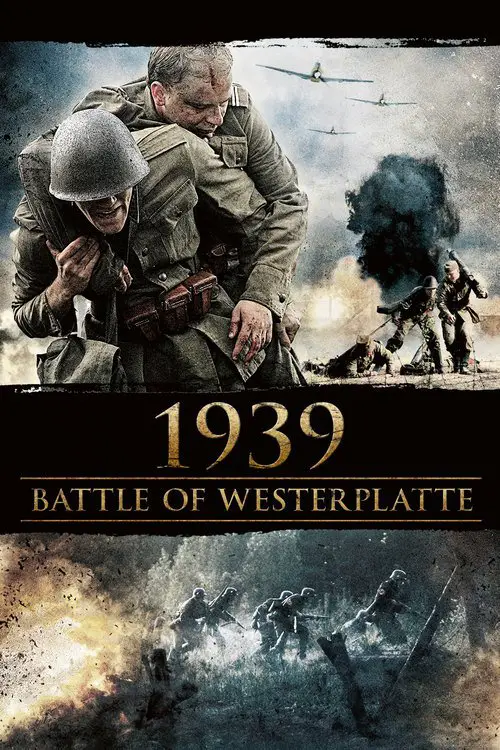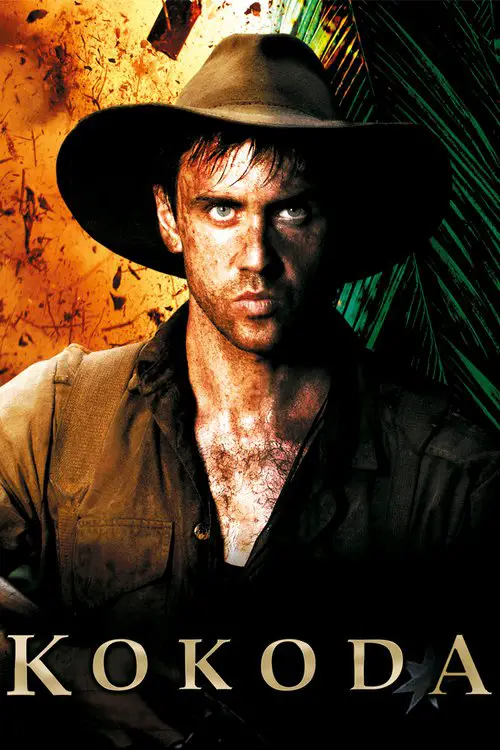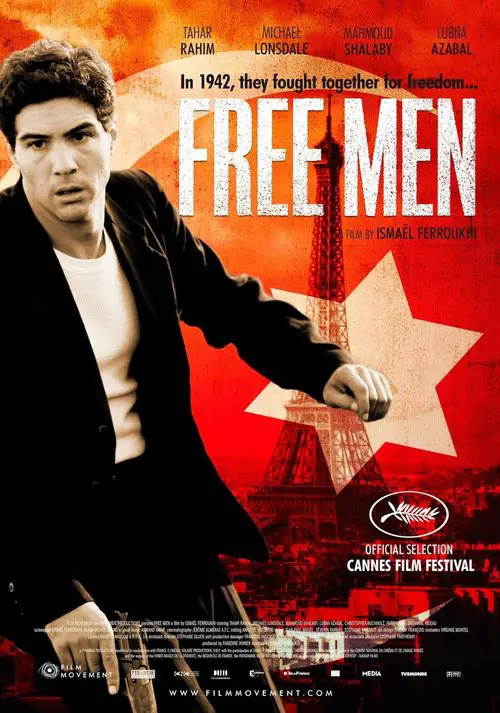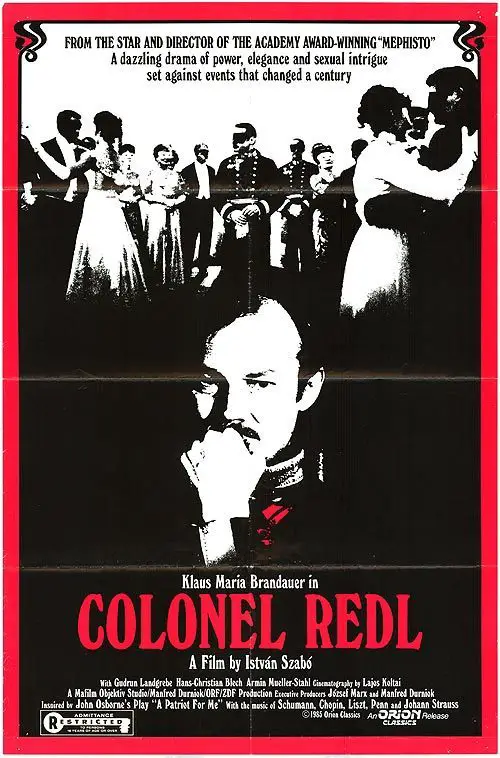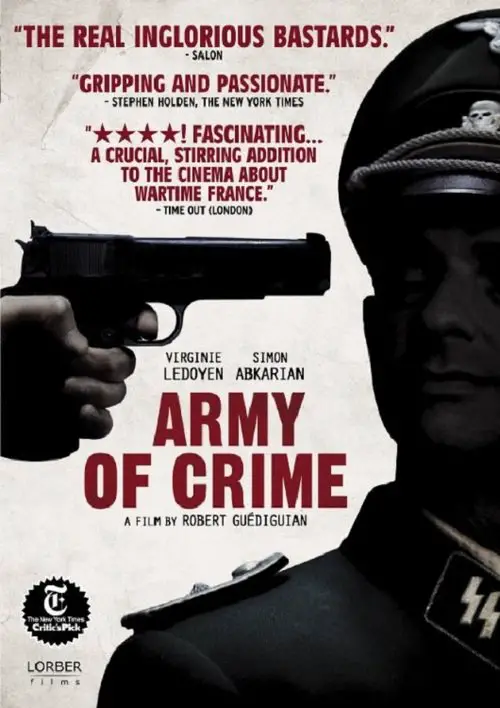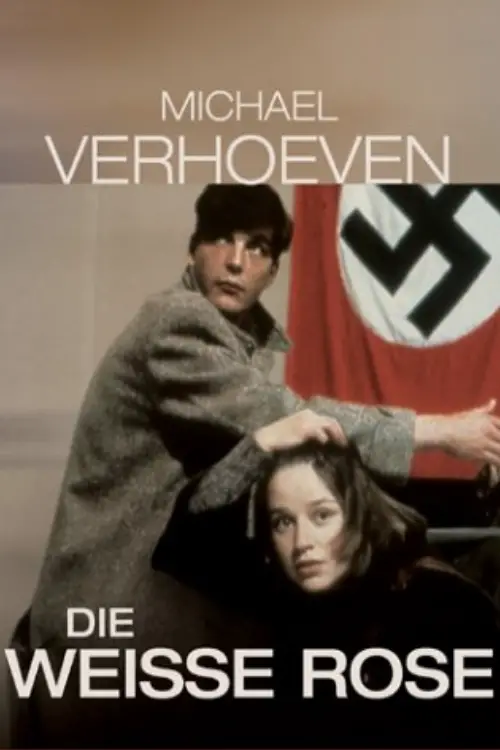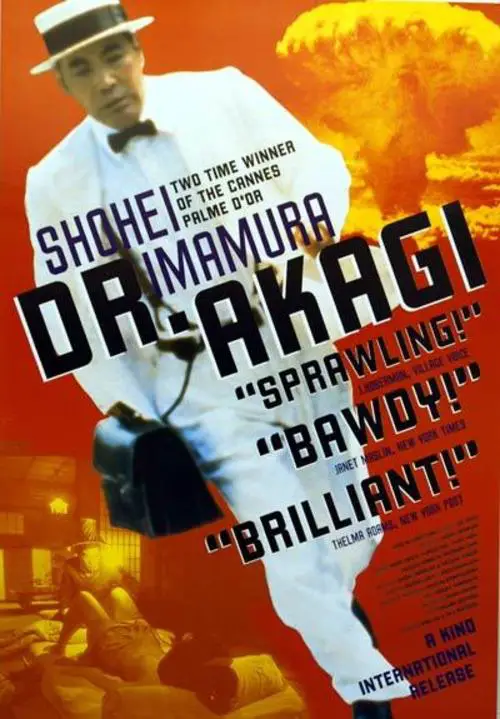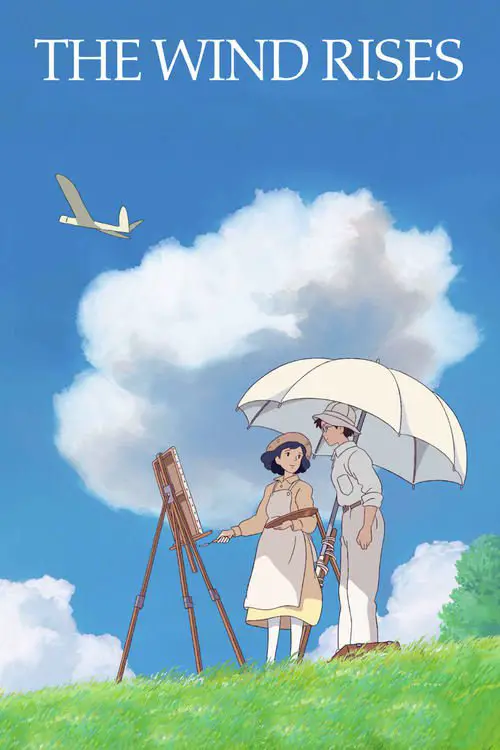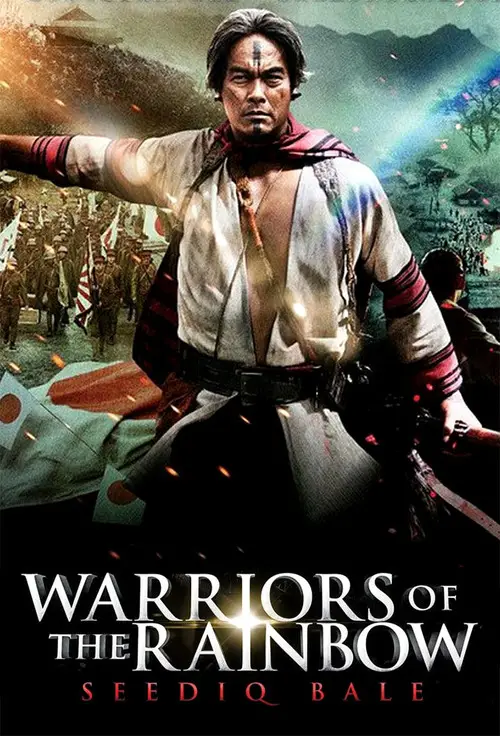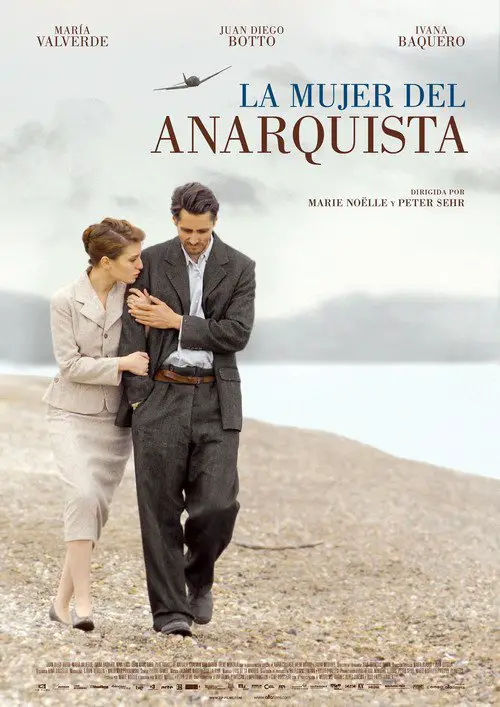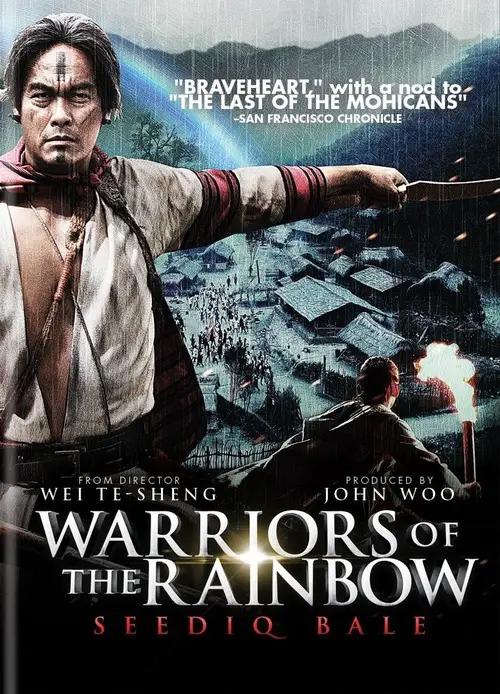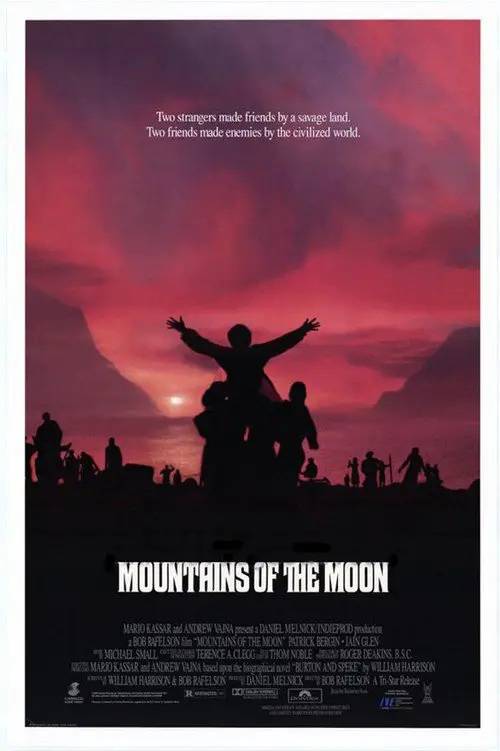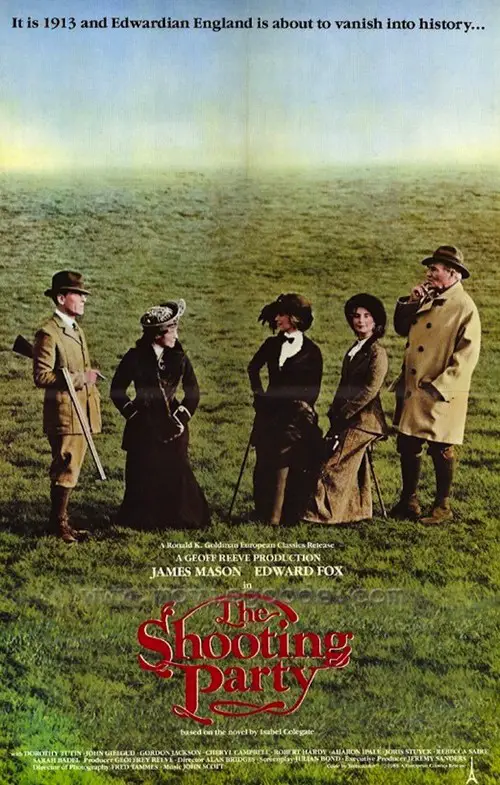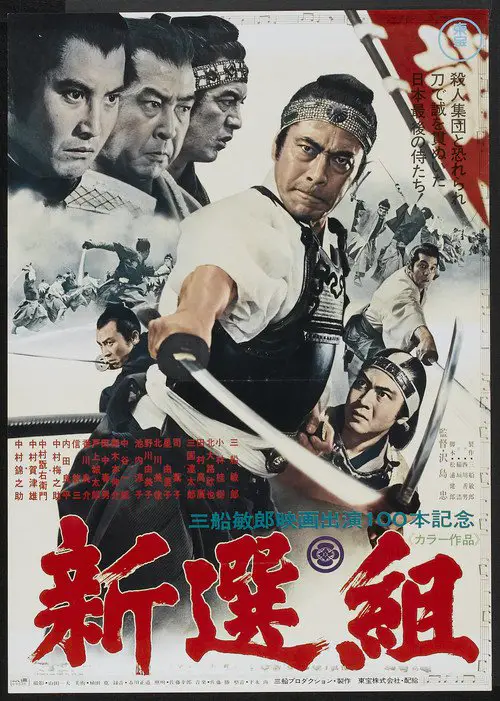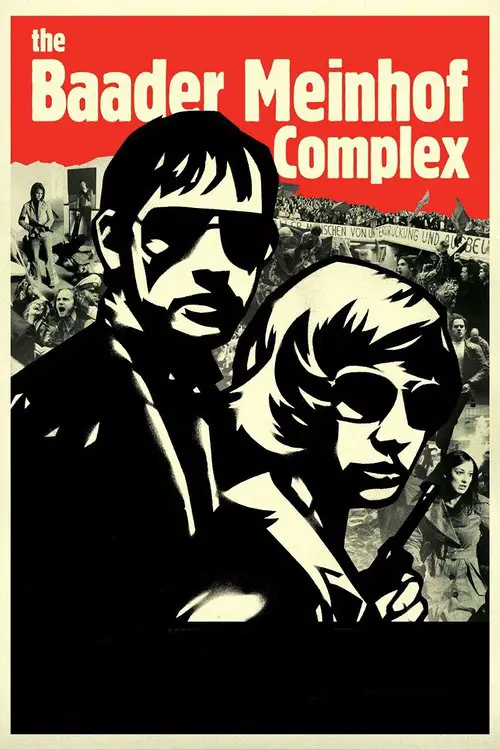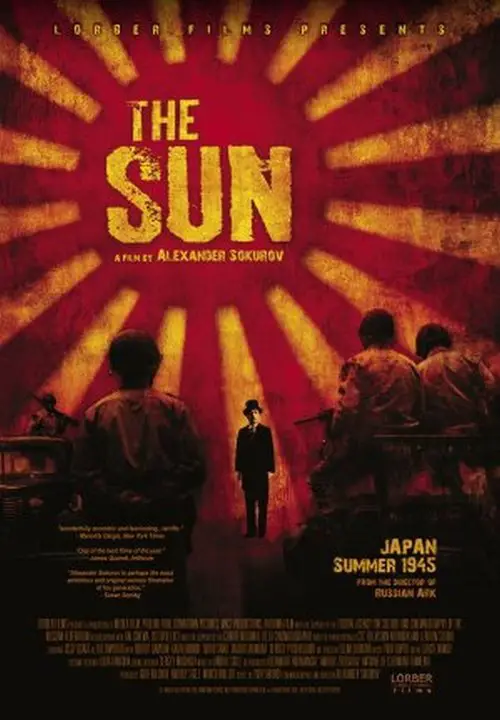The Bridge on the River Kwai (1957)

Similar movies
Set in a Japanese prisoner of war camp during World War II, the film focuses on the brutality and horror that the allied prisoners were exposed to as the Japanese metered out subjugation and punishment to a disgraced and defeated enemy. This harrowing drama concentrates on the deviations of legal and moral definitions when two opposing cultures clash. Although fictional, this was one of the earliest films to deal realistically with life and death in a Japanese prisoner-of-war camp during the Second War.
Inspired by a true story. Jun Shik works for Tatsuo's grandfather's farm while Korea is colonized by Japan, but he has a dream to participate in Tokyo Olympics as a marathon runner. Tatsuo also aims to become a marathon runner, so the two are in rivalry. But war breaks out and they both are forced to enlist in the army. Tatsuo becomes the head of defense in Jun Shik's unit and he devises a scheme but fails. Jun Shik and Tatsuo are captured by the Soviets. They run away but soon are captured by Germans and forced to separate. In 1944, they meet again at the shores of Normandy.
City of Life and Death takes place in 1937, during the height of the Second Sino-Japanese War. The Imperial Japanese Army has just captured the then-capital of the Republic of China, Nanjing. What followed was known as the Nanking Massacre, or the Rape of Nanking, a period of several weeks wherein tens of thousands of Chinese soldiers and civilians were killed.
Nathan Algren is an American hired to instruct the Japanese army in the ways of modern warfare -- in this lush epic set in the 1870s, which finds Algren learning to respect the samurai and the honorable principles that rule them. Pressed to destroy the samurai's way of life in the name of modernization and open trade, Algren decides to become an ultimate warrior himself and to fight for their right to exist.
Paradise Road is a 1997 film which tells the story of a group of English, American, Dutch and Australian women who are imprisoned in Sumatra during World War II. It was directed by Bruce Beresford and stars Glenn Close as beatific Adrienne Pargiter, Frances McDormand as the brash Dr. Verstak, Pauline Collins as missionary Margaret Drummond (based on missionary Margaret Dryburgh), Julianna Margulies as American socialite Topsy Merritt, Jennifer Ehle as British doyenne and model Rosemary Leighton Jones, Cate Blanchett as Australian nurse Susan McCarthy and Elizabeth Spriggs as dowager Imogene Roberts. Basing his picture on real events, Bruce Beresford tells the story of a vocal orchestra created by the women in a Japanese P.O.W. camp, a classic survivors' tale extolling women's ability to survive hardship and atrocity through perseverance, solidarity and creativity.
During Nazi occupation, red-headed Bent Faurschou-Hviid ("Flame") and Jørgen Haagen Schmith ("Citron"), assassins in the Danish resistance, take orders from Winther, who's in direct contact with Allied leaders. One shoots, the other drives. Until 1944, they kill only Danes; then Winther gives orders to kill Germans. When a target tells Bent that Winther's using them to settle private scores, doubt sets in, complicated by Bent's relationship with the mysterious Kitty Selmer, who may be a double agent. Also, someone in their circle is a traitor. Can Bent and Jørgen kill an über-target, evade capture, and survive the war? And is this heroism, naiveté, or mere hatred?
Max Manus is a Norwegian 2008 biographic war film based on the real events of the life of resistance fighter Max Manus (1914â96), after his contribution in the Winter War against the Soviet Union. The story follows Manus â played by Aksel Hennie â through the outbreak of World War II in Norway until peacetime in 1945.
Tells the story of operation Market Garden. A failed attempt by the allies in the latter stages of WWII to end the war quickly by securing three bridges in Holland allowing access over the Rhine into Germany. A combination of poor allied intelligence and the presence of two crack German panzer divisions meant that the final part of this operation (the bridge in Arnhem over the Rhine) was doomed to failure.
The Nazis, exasperated at the number of escapes from their prison camps by a relatively small number of Allied prisoners, relocates them to a high-security "escape-proof" camp to sit out the remainder of the war. Undaunted, the prisoners plan one of the most ambitious escape attempts of World War II. Based on a true story.
At the start of World War II, Cmdr. Ericson is assigned to convoy escort HMS Compass Rose with inexperienced officers and men just out of training. The winter seas make life miserable enough, but the men must also harden themselves to rescuing survivors of U-Boat attacks, while seldom able to strike back. Traumatic events afloat and ashore create a warm bond between the skipper and his first officer
When Norwegian resistance leader Lieutenant Erik Bergman reports the location of a German V-2 rocket fuel plant, the Royal Air Force's 633 Squadron is assigned the mission to destroy it. The plant is in a seemingly-impregnable location beneath an overhanging cliff at the end of a long, narrow fjord lined with anti-aircraft guns. The only way to destroy the plant is by collapsing the cliff on top of it.
Austrian mountaineer Heinrich Harrer journeys to the Himalayas without his family to head an expedition in 1939. But when World War II breaks out, the arrogant Harrer falls into Allied forces' hands as a prisoner of war. He escapes with a fellow detainee and makes his way to Llaso, Tibet, where he meets the 14-year-old Dalai Lama, whose friendship ultimately transforms his outlook on life.
During World War II in the freezing Netherlands winter of 1944/1945 the western Netherlands are in the grip of a famine. Many people move east to provide for their families. Fourteen year old Michiel can't wait to join the Dutch resistance, to the dismay of his father, who, as mayor, works to prevent escalations in the village.
Fr. Hugh O'Flaherty is a Vatican official in 1943-45 who has been hiding downed pilots, escaped prisoners of war, and Italian resistance families. His diplomatic status in a Catholic country prevents Colonel Kappler from openly arresting him, but O'Flaherty's activities become so large that the Nazi's decide to assassinate him the next time he leaves the Vatican. O'Flaherty continues his work in a variety of disguises. Based on a true story. Written by John Vogel
A group of German boys are ordered to protect a small bridge in their home village during the waning months of the second world war. Truckloads of defeated, cynical Wehrmacht soldiers flee the approaching American troops, but the boys, full of enthusiasm for the "blood and honor" Nazi ideology, stay to defend the useless bridge.
During the Nazi occupation of Czechoslovakia, surgeon Dr. Franticek Svoboda (Brian Donlevy), a Czech patriot, assassinates the brutal "Hangman of Europe", Reichsprotektor Reinhard Heydrich (Hans Heinrich von Twardowski), and is wounded in the process. In his attempt to escape, he is helped by history professor Stephen Novotny (Walter Brennan) and his daughter Mascha (Anna Lee).
Gaston Vandermeerssche is a young, resourceful Flemish action hero of the Belgian resistance during World War II: he coaches surviving allied pilots trough occupied Belgium and France to Spain so they can regain England, each time a dangerous adventure as their poor mastery of local languages and customs add to the ever-present risks of trying to outsmart the Nazi troops and Gestapo agents. After a mess-up in the coordination from London he himself gets caught by the dreaded secret police for ruthless interrogation...
Spanish right-wingers equally devoted to Catholic religion and Franco dictatorship, go soldiering as volunteers with the Germans when these started hostilities against Russia (1943), then under the Soviet regime. They lose, mostly are imprisoned, and will suffer eleven years in captivity - keeping their faith and their dignity. Written by Artemis-9
When a young resistance fighter witnesses atrocities towards the Jews, he's drawn into a web of espionage and clandestine activities. When he meets a young physics students and resistance journalist - Hans Poley - they embark on a hunt through underground tunnels, Gestapo hijacks and daring rescues.
This harrowing war film is an epic dramatization of the first battle of World War II. The Battle of Westerplatte that began on 1 September 1939 will forever be remembered as the one that announced the beginning of the Second World War in Europe. Over one week, fewer than 200 Polish soldiers fought against heavy German bombardment and in the process came to symbolize the power of resistance. As the violence rages, a complex battle of a more personal nature plays out between two Polish commanders over how to best lead their men. Amid the bloodshed, they must ask themselves â should they fight until the last man standing or surrender in the face of overwhelming odds? What unfolds is a stirring exploration of the fight against the forces of tyranny.
In 1942 British soldier Jack Celliers comes to a japanese prison camp. The camp is run by Yonoi, who has a firm belief in discipline, honour and glory. In his view, the allied prisoners are cowards when they chose to surrender instead of commiting suicide. One of the prisoners, interpreter John Lawrence, tries to explain the japanese way of thinking, but is considered a traitor.
A dramatic history of Pu Yi, the last of the Emperors of China, from his lofty birth and brief reign in the Forbidden City, the object of worship by half a billion people; through his abdication, his decline and dissolute lifestyle; his exploitation by the invading Japanese, and finally to his obscure existence as just another peasant worker in the People's Republic.
In Paris during WWII, an Algerian immigrant is inspired to join the resistance by his unexpected friendship with a Jewish man. Based on not very known facts about the Muslim community in Paris during WWII, when the Paris Mosque and its dynamic leader played a pivotal role in supporting the resistance and rescuing Jews.
This gripping historical drama recounts the story of Armenian-born Missak Manouchian (Simon Abkarian), a woodworker and political activist who led an immigrant laborer division of the Parisian Resistance on 30 operations against the Nazis in 1943. The Nazis branded the group an Army of Crime, an anti-immigrant propaganda stunt that backfired as the team's members became martyrs for the Resistance. Virginie Ledoyen co-stars as Manouchian's wife.
During the Second World War, a small group of students at Munich University begin to question the decisions and sanity of Germany's Nazi government. The students form a resistance cell which they name the "White Rose" after a newsletter that is secretly distributed to the student body. At first small in numbers and fearful of discovery, the White Rose begins to gain massive support after a Nazi Gauleiter nearly incites a student riot after a provokative speech. At this point, the matter is taken over by the German Gestapo, who pledge to hunt down and destroy the members of the White Rose.
Set in German-occupied Norway, this is an embellished account of the remarkable efforts of the Norwegian resistance to sabotage the German development of the atomic bomb. Resistance fighter Knut Straud enlists the reluctant physicist Rolf Pedersen in an effort to destroy the German heavy water production plant near the village of Rjukan in rural Telemark. In the process, Pedersen discovers that hi
Based on the internationally acclaimed novel by Arthur Golden, Memoirs of a Geisha is a sweeping romantic epic set in a mysterious and exotic world that still casts a potent spell today. The story begins in the years before WWII when a penniless Japanese child is torn from her family to work as a maid in a geisha house.
True story of Germany's most famous anti-Nazi heroine brought to thrilling, dramatic life. Sophie Scholl stars Julia Jentsch in a luminous performance as the fearless activist of the underground student resistance group, The White Rose. Armed with long-buried historical records of her incarceration, director Marc Rothemund expertly re-creates the last six days of Sophie Scholl's life.
The title is Adolf Hitler's question to his chief of staff Alfred Jodl on the eve of the liberation of Paris (August 25): the military governor of Paris, General Dietrich von Choltitz, had been ordered to destroy Paris rather than let it fall undamaged into the hands of the Allies, but von Choltitz disobeyed.The film follows historical events as U.S. General Dwight D. Eisenhower, head of the Allied invasion, refuses to divert troops to liberate Paris. His hand is forced by the French military leader, Philippe Leclerc, and by a Resistance uprising in the city. Von Choltitz keeps details of the uprising from the German high command in an effort to save the city being destroyed in retaliation. The film follows his turmoil as a soldier and as the man who doesn't wish to be seen by history as the cause of a beautiful city's destruction.
Open City is a landmark in film history. Filmed in secrecy during the Nazi occupation of Italy, the film shows a realistic portrayal of the underground resistance in Italy in 1945. The film has strong impacting imagery with itâs mix of fiction and reality that strengthened Italian Neo-realism and the film industry.
The Wind Rises is the 11th animated theatrical film directed by Hayao Miyazaki at Studio Ghibli. Based on Miyazakiâs own manga and the 1937 short novel of the same name by Tatsuo Hori, this is the story of JirÅ Horikoshi, the aircraft engineer most remembered for his design work on the Mitsubishi A6M Reisen âZeroâ, Japanâs famous World War II fighter aircraft. During the WWII years, the Miyazaki family business manufactured aircraft parts, including the windshields and rudders used on the Zero.
A few decades after the destruction of the Inca empire, a Spanish expedition leaves the mountains of Peru and goes down the Amazon river in search of gold and wealth. Soon, they come across great difficulties and Don Aguirres, a ruthless man who cares only about riches, becomes their leader. But will his quest lead them to "the golden city", or to certain destruction
"The Anarchist's Wife" is the story of Manuela who is left behind when her husband Justo fights for his ideals against Franco's Nationalists during the Spanish Civil War. He is deported to a concentration camp, and upon his release, continues the fight against nationalism in the French resistance. Years, pass without a word from him, but his wife never gives up hope of seeing him again.
Mouna Rudo was born and raised among the Seediq people, an indigenous tribe in Taiwan, and as he grew to be a man he became a member of the Seediq Bale, a courageous band of native warriors. However, Rudo's way of life is threatened under the yoke of occupying forces from Japan, who took over the nation in 1895. As Rudo sees the traditions and honor of his people stripped away, he realizes the time has come to fight back, and in 1930 he brings together a group of former Seediq Bale soldiers, many of whom have been reduced to infighting, and molds them into a revolutionary army. Rudo and his comrades make their stand when they confront Japanese occupation troops at a youth athletic event, leading to a violent confrontation between the Seediq forces and their oppressors. Warriors of the Rainbow: Seediq Bale - Part 2: The Rainbow Bridge is Part two of the two-part, four-hour Taiwanese edition of the film Warriors of the Rainbow.
1913, shortly before the outbreak of WWI. A group of aristocrats gathers at the estate of Sir Randolph Nettleby for a weekend shoot. As the terminal decrepitude of a dying class is reflected in the social interactions and hypocrisy of its members, only world weary Sir Randolph seems to realise that the sun is setting.
A humble and simple Takezo abandons his life as a knight errant. He's sought as a teacher and vassal by Shogun, Japan's most powerful clan leader. He's also challenged to fight by the supremely confident and skilful Sasaki Kojiro. Takezo agrees to fight Kojiro in a year's time but rejects Shogun's patronage, choosing instead to live on the edge of a village, raising vegetables. He's followed there by Otsu and later by Akemi, both in love with him. The year ends as Takezo assists the villagers against a band of brigands. He seeks Otsu's forgiveness and accepts her love, then sets off across the water to Ganryu Island for his final contest.
Near the end of the nineteenth century, as the balance of power shifts from Shogunate towards the Emperor, Japan restlessly awaits the dawning of a new age. But not all are content...The Shinsengumi, a small army of samurai, farmers and peasants, band together to do battle against the tide of history. Their leader, Isami Kondo (Mifune) is a man who rises from farmer to fighter to head the fierce Shinsengumi brigade. Using a stern hand and a heart of gold, he rallies his men in defense of the tottering Shogunate. But bloodshed and treachery lurk around every corner.
Der Baader Meinhof Komplex depicts the political turmoil in the period from 1967 to the bloody "Deutschen Herbst" in 1977. The movie approaches the events based on Stefan Aust's standard work on Die Rote Armee Fraktion (RAF). The story centers on the leadership of the self named anti-fascist resistance to state violence: Andreas Baader, Ulrike Meinhof and Gudrun Ensslin.
The Sun (Russian: СóлнÑе, Solntse) is a 2005 Russian biographical film depicting Japanese Emperor ShÅwa (Hirohito) during the final days of World War II. The film is the third drama in director Aleksandr Sokurov's trilogy, which included Taurus about the Soviet Union's Vladimir Lenin and Moloch about Nazi Germany's Adolf Hitler.
© Valossa 2015–2026
| Privacy Policy
